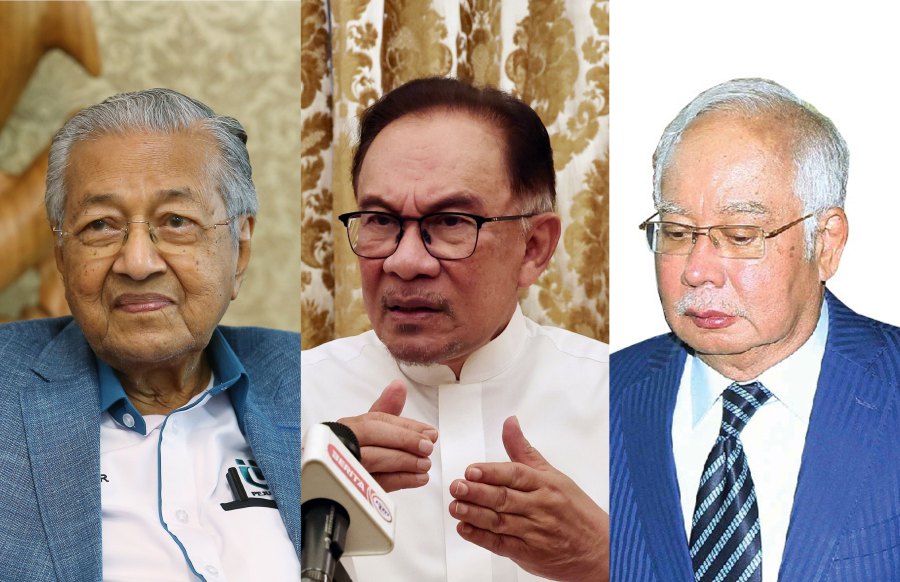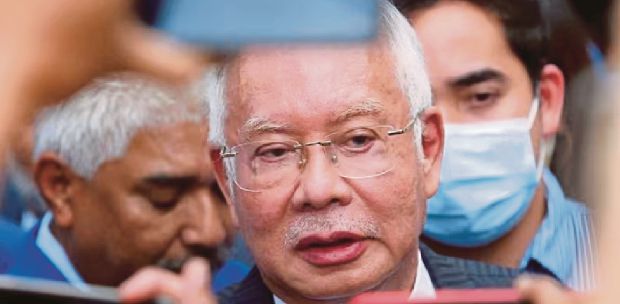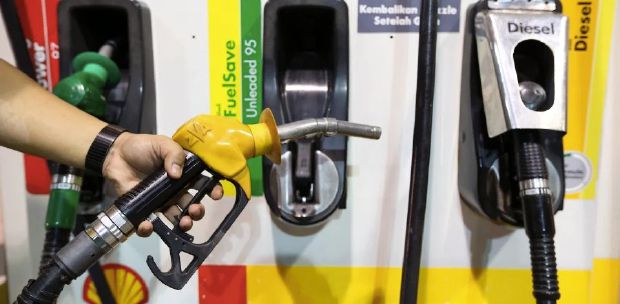When a political group repeatedly failed to find a suitable venue recently for Tun Dr Mahathir Mohamad to address it, the two-time prime minister was quick to deploy the "D" word against his ex-deputy and current prime minister, accusing Datuk Seri Anwar Ibrahim of repressive measures.
The irony of Dr Mahathir, who used to revel in being labelled a dictator (although he would admit only to being an "elected dictator"), calling Anwar, who had launched a "reformasi" movement after getting the sack as the former's deputy, was not lost on many observers, not least on another ex-prime minister, Datuk Seri Najib Razak.
If politics has really come full circle after a quarter century, Malaysians must wonder, what is wrong with the country or, since in electoral democracy we are what we elect, what is wrong with ourselves?
One thing is clear: our deeply fractured polity makes our country especially difficult to govern. A Dr Mahathir aphorism is probably evergreen: a Malaysian leader is likely doing all right if he riles all political segments in more or less equal proportions.
During his first stint as PM, Dr Mahathir rode the nationalist tiger to keep the Islamist Pas at bay, including using linguistic acrobatics to appropriate the Pas agenda by stating that Malaysia, under his leadership, was an "Islamic state".
Now, it falls on Anwar — the Islamist political activist Dr Mahathir had brought into Umno to lend credence to his claim of having engineered an "Islamic state" — to likewise turn the tide of a so-called "green wave" of a resurgent Pas.
Along the way, between Dr Mahathir's "then" and Anwar's "now", Umno under the former apparently became "too" successful, such that getting ahead (in the economic and material sense) became the all-consuming mantra, to the exclusion of almost anything else.
Najib, Dr Mahathir's handpicked successor bar one, saw the writing on the wall and sought to win the political backing of non-Malay voters, the better to gird for doing battle with entrenched warlords within his party.
The non-Malay endorsement was denied. What subsequently followed was, of course, political tragedy compounded.
Was the Mahathir Restoration of 2018 pre-ordained by a consistent and, perhaps, fatally flawed electorate to fall apart in short order?
It is too easy for us to salve our own consciences by heaping blame on a single leader, particularly one so larger than life as Dr Mahathir, or on a series of leaders our electoral decisions throw up.
There is an equally ironic reversal of "fortunes", as it were, between the "then" and "now". Those who defended Dr Mahathir and those who decried him then as a "dictator" changed roles, as respective defenders and detractors of Anwar, the supposed new "dictator" now, though the "role-reversal" is not perfectly neat or exact.
Political leaders are often a reflection of what voters want. They usually become statesmen only after winning elections or only after fully retiring. Thus, Dr Mahathir lost his "ultra" political label in the course of his lengthy premiership.
Similarly, Anwar now finds all his reformasi zeal and idealism tempered by realpolitik.
DAP, too, will become less scary to voters, who traditionally regard the party as anathema, the longer it remains in government.
There should, likewise, be reason to think the current federal opposition will moderate its views and stances if or when it starts to govern, particularly by those who regard Pas as "beyond the pale".
All major political coalitions now have tasted power either nationally or at state level. That must be the great political leveller and moderator. Our democracy is in far ruddier health as a direct consequence.
The writer views developments in the nation, region and wider world from his vantage point in Kuching






